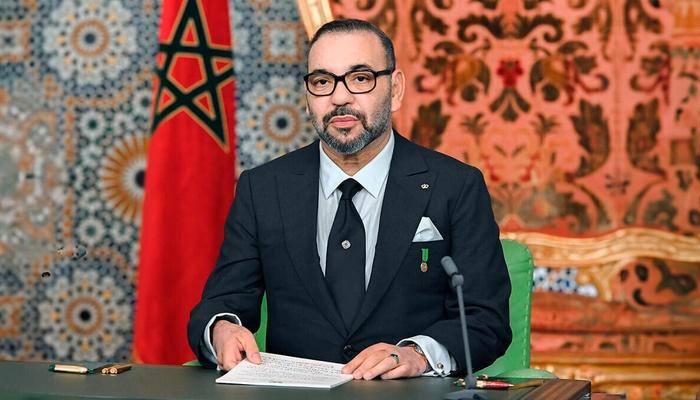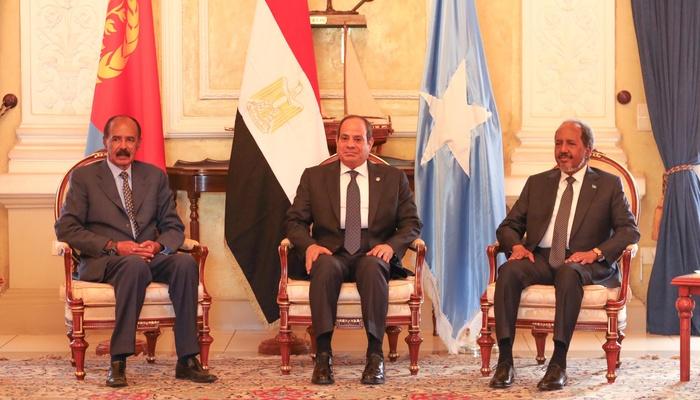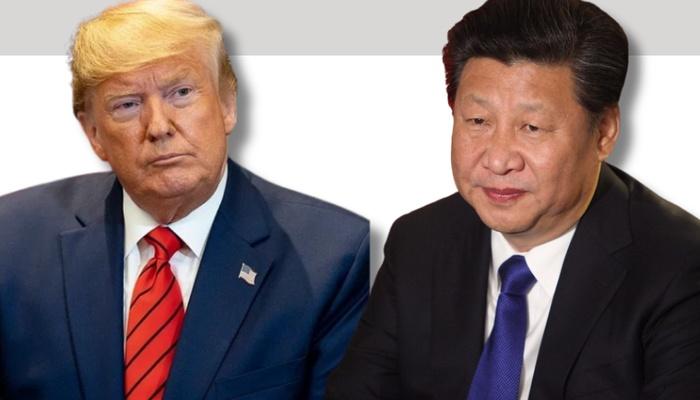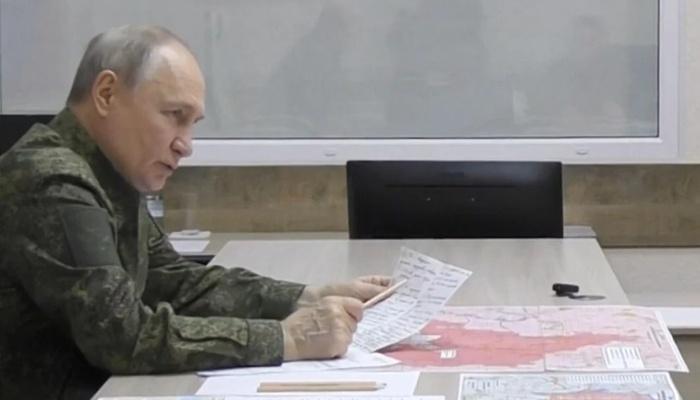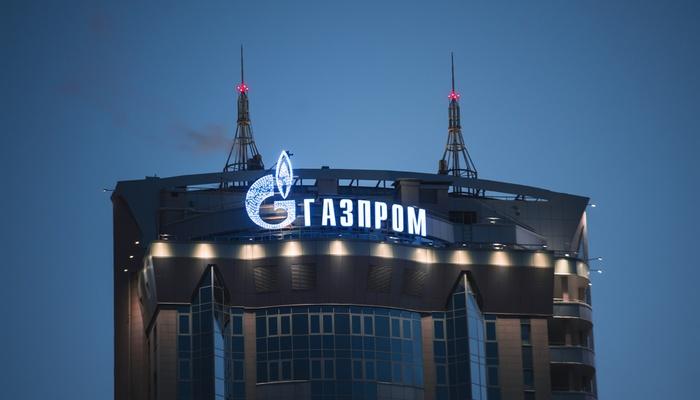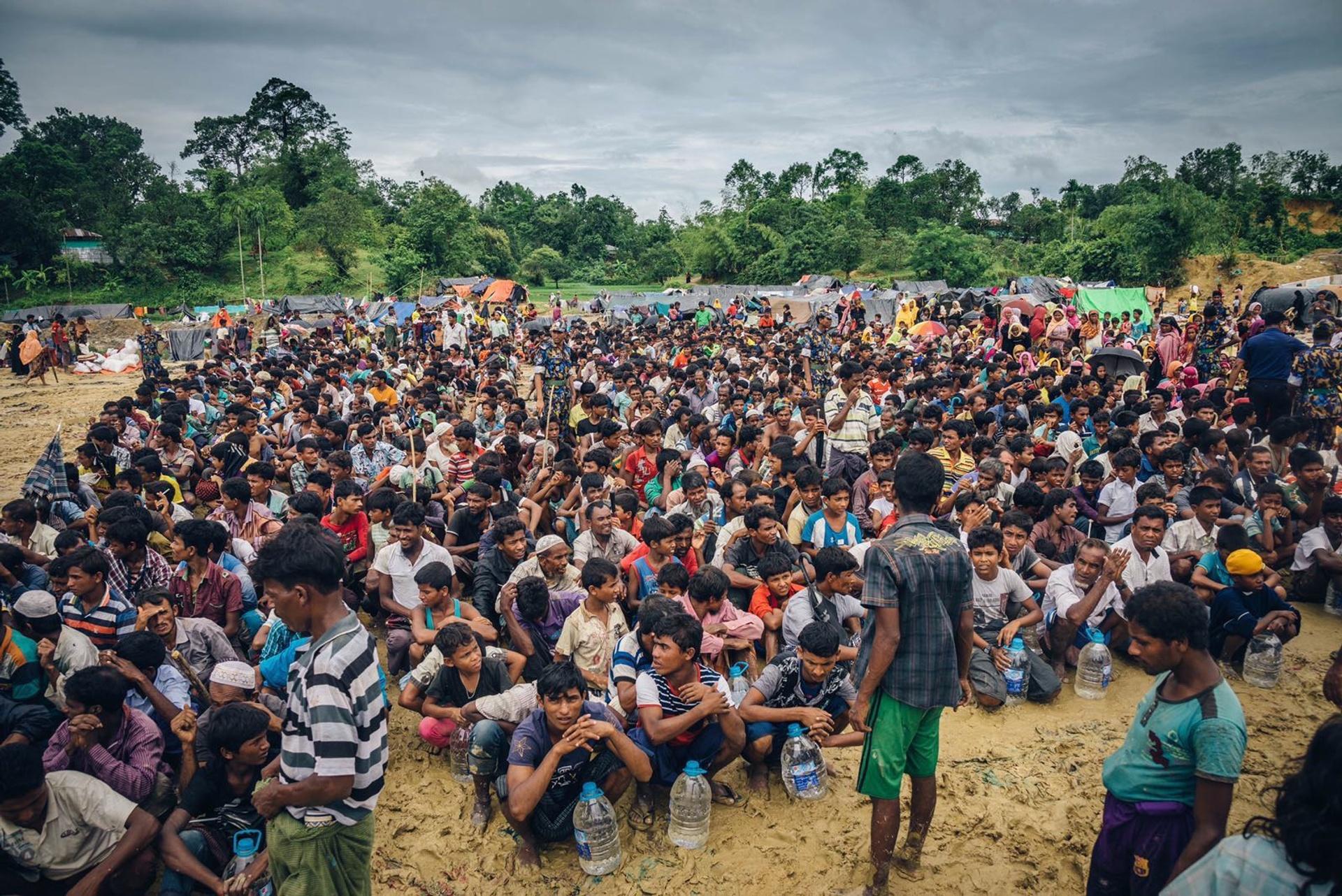The Rohingya crisis: an humanitarian and security emergency for Southeast Asia
In the Buddhist-dominant country of Myanmar, the Rohingya are an ethnic Muslim minority who have suffered decades of discrimination. In October 2016 and August 2017, the Arakan Rohingya Salvation Army (ARSA), a Rohingya militant group, launched an attack on military and police outposts throughout the Rakhine region (home for the population) in retaliation for the previous clashes occurred with the Army of Myanmar (Tatmadaw). Shortly after—on August 25, 2017—the Myanmar Army’s response led to a military campaign against local communities that caused over 800,000 Rohingya to leave the country. As many as 7,000 Rohingya civilians died for the violence.
The Rohingya are stateless people who reside in Myanmar’s western Rakhine State. They can trace geographical ties to Rakhine land, formerly named the Arakan, by centuries. Since decolonization in 1948, ownership of the Rakhine has been disputed amongst Muslims and Buddhist ethnic groups. The term “Rohingya” was thus adopted to give their group, formally the Arakan, a collective political voice and establish legitimacy in their ties to the land. Until the 1970s, the Rohingya had legal status and could participate in political life. However, nationalist sentiments under the military dictatorship from the 1960s onward resulted in discriminatory policies and the birth of the 1982 Union Citizenship Act. Under this law, the government identifies 135 ethnic groups recognized as legal citizens, excluding the Rohingya. In order to be “naturalized,” or be granted citizenship, the Rohingya must provide documentation dating their families back to Myanmar territory prior to 1948. However, since the British viewed the Rakhine as a part of the overall empire, the Rohingya do not have specific documents establishing their residency within the region. Moreover, the government stopped issuing birth certificates for infants born to Rohingya parents in the 1990s.
Throughout the early 2000s, the Rohingya made strides in advocating for themselves. Although they were not citizens, they were given “white cards” that established their temporary residency. However, after violent conflict between Buddhists and Rohingya erupted in 2012 over rape and murder accusations, another wave of sectarian policies began. In 2014, the government would only allow the Rohingya to be included in the UN-backed census if they chose “Bengali” as their ethnic origin. By 2015, “white cards” ceased to exist after Buddhist nationalists protested the Rohingya’s ability to vote in the upcoming constitutional referendum—a right they could previously exercise.
Forced migration is not new for the Rohingya population. Migration waves have been responses to both perceived political discrimination and violent persecution throughout the 20th and 21st centuries. Since the 1970s, over 1 million Rohingya to be refugees in Bangladesh or internally displaced. In 2012 alone, 90,000 Rohingya were displaced from the violence. The current crisis caused over 650,000 Rohingya to flee from Myanmar between August and September alone, making it the quickest and most serious refugee wave to date.
Top destinations for the Rohingya include Bangladesh, Thailand, Malaysia, and Indonesia. South Bangladesh is the most popular destination because it borders the northern Rakhine region. The Myanmar Army is planting landmines and armed soldiers to deter Rohingya from reaching Bengali-Rakhine border by foot. Rohingya are now using waterway routes to reach Bangladesh to circumvent this threat. The arrivals between August and September in 2017 exacerbated strains on near-nonexistent resources in Bengali refugee sites, which have been over capacity since 2012. Some of the most poorly managed camps in the world, the Rohingya are at risk to starvation, disease, natural disasters, and exploitation—which disproportionately affects women and children.
Reaching Thailand, Malaysia, or Indonesia is both treacherous and costly for Rohingya refugees. Migrants pay smugglers to take them on small, ill-fashioned, dangerous boats at an exorbitant cost. If this price cannot be paid, refugees face labor exploitation, sex trafficking, or even get killed. This is especially true for those that reach Thailand, a regional epicenter for underground trafficking networks in Southeast Asia. Malaysia, currently hosting over 60,000 refugees, is not providing Rohingya access to work permits, healthcare, and other needs because they lack the capacity to do so. To limit incoming arrivals, Malaysia has sent aid to Bangladesh for building additional infrastructure on-site such as shelters, hospitals, and schools. In Indonesia, officials are concerned that the growing influx of refugees to their nation will deplete vital national resources. While hosting significantly less refugees than Bangladesh, these nations also do not have the appropriate infrastructure for managing such a rapidly growing crisis.
The Rohingya crisis is more that just a national security problem as it could become an open window for religious extremism and radicalism to penetrate in the region. Indeed, the condition of Rhoynga community has already become part of the propaganda of the two most international jihadist organization: both Daesh and the al-Qaeda in Indian Subcontinent. The accusation of discrimination and violent treatment that affect the communities are being exploited as recruitment causes by these organizations. ISIS has a history of recruiting persecuted Muslim minorities, and the Rohingya are no different. The jihadist rhetoric, for example, could find consensus among the ARSA, whose militants could start to look at the terrorist organizations as provider of manpower and capabilities to combat the Myanmar army. Additionally, the presence of radical Islam may spark a resurgence in Buddhist extremism across Myanmar, with blatant effects on national security for the population and a dangerous spillover effects to other countries.
In this framework, the Myanmar government seems currently to have problems in dealing with such an important crisis. Aung Sang Suu Kyi, the de-facto leader of the country, is not reflect the International Community’s expectations. Despite the results of the election held in 2015, won by her party (the national League for Democracy - NLD), the military establishment still have a strong influence inside the institutions.
Myanmar was under military dictatorship from 1962 to 2011. A few years prior to the government’s collapse, the Myanmar Army used their executive and legislative powers to prevent democratic transition. One antagonist to the regime was Suu Kyi, whom the Army placed under house arrest for her opposition to totalitarianism in leading the National League for Democracy (NLP) party. Suu Kyi was the recipient of the 1991 Nobel Peace Prize for her non-violent struggle for democracy and human rights. Under house arrest, Suu Kyi had popular support from the Myanmar people for a presidential run. Threatened by this prospect, the army passed a constitutional amendment banning anyone with foreign family members from becoming president. Suu Kyi’s husband was British, and so were her sons. Therefore, despite NLD’s landslide electoral win in 2015, she was unable to hold office on a technicality. As a hybrid regime, the military still holds a quarter of parliament seats, and the Commander in Chief has legislative veto making it impossible to amend the constitution. Since there was no way to change the presidency laws, parliament appointed Suu Kyi to a new Prime Minister-type position created for her, entitled “General Counselor.”
As General Counselor, the international community still recognizes Suu Kyi as the de facto leader of Myanmar. However, even with this position, Suu Kyi has no power over the ministries that have a direct impact on the Rohingya persecution. The military still has constitutional jurisdiction over Defense, Borders, and Home Affairs. The most common point of contact is the “General Admissions Department” of Home Affairs, which manages the Myanmar census, marriage licenses, birth and death certificates, and land purchases. This gives the military almost total control in enacting discriminatory policies directly affecting the Rohingya. While Suu Kyi could technically propose constitutional referendums, but as mentioned before, these amendments would be opposed with exorbitant parliamentary aggression from the military. And, not only would Suu Kyi face opposition from the Army, but her voter base would also react negatively to proposals for Rohingya equality. Indeed, Suu Kyi still holds popular support with the Burman Buddhists, a majority group opposed to Rohingya rights. As a delicate nation-state, Suu Kyi may also fear that any response supporting an end to Rohingya discrimination could lead to another military coup or a forced resignation. Moreover, Suu Kyi’s decisions like prohibiting third-party aid in the Rakhine state may be a tactic to maintain her current position, and possibly prevent an even larger outbreak of violence between Muslims, Buddhists, and the military.
There have been multiple regional and international responses to the Rohingya crisis. Since nations are barred from sending aid into Myanmar borders, they are finding alternative ways to help. Since 2015, Malaysia has sent aid to Bangladesh to support the construction of temporary housing units, hospitals, schools, and administrative offices throughout south Bangladesh. To minimize violence against the Rohingya, the Thailand government actively arrested refugee traffickers and involved officials after finding a mass grave at a Rohingya refugee site. However, this merely disrupted, rather than halted smuggling activities. Current crackdowns and aid measures are proving insufficient for managing the influx of Rohinga refugees. Thus, regional actors like Thailand are adopting policies that directly violate the “non-refoulement” clause 1951 UN Convention on the Status of Refugees. “Non-refoulement” states that a nation cannot turn away asylum seekers if they still have a well-founded fear of persecution in their country of origin. Thailand adopted “naval push-back” campaigns in September, using military capabilities to reroute migrant boats back to Myanmar, where the Rohingya face the threat of violence and death.
UN officials, the United States, and Western European nations are calling the Rohingya crisis “ethnic cleansing,” yet little concrete action has taken place. The UN has failed to secure an agreement with Myanmar to place UN Peacekeepers on the ground, mainly because Suu Kyi believes this may upset the Myanmar Army. Instead, she has advocated for UN “capacity building” initiatives, or infrastructural development projects to increase the number of schools and hospitals in local communities in the Rakhine to reduce inequality. However, this still does not solve neither the question of Rohingya legal status, nor the problem of military persecution against the ethnic minority. Also, Western reporters are prohibited from ground-level observance close to the Rakhine-Bengali borders, where there are claims that the army is conducting systematic genocide. Without official reports, the US and other Western states feel limited to providing aid at refugee camps and mediating negotiations between Myanmar and Bangladesh. The most recent proposal between Bangladesh and Myanmar involves repatriating tens of thousands of Rohingya refugees to the Rakhine, where they still are at risk of organized cleansing.
The lack of solutions in the short term of the Rohingya crisis is posing a serious humanitarian and security issues for the region. The inefficacy of the policy adopted by governments and by the International Community so far is affecting the management of an high-sensitive issue, that can have repercussions not just on the reputation of national leaders or international agencies but that can foment hates and sectarian violence among communities all over the region.
